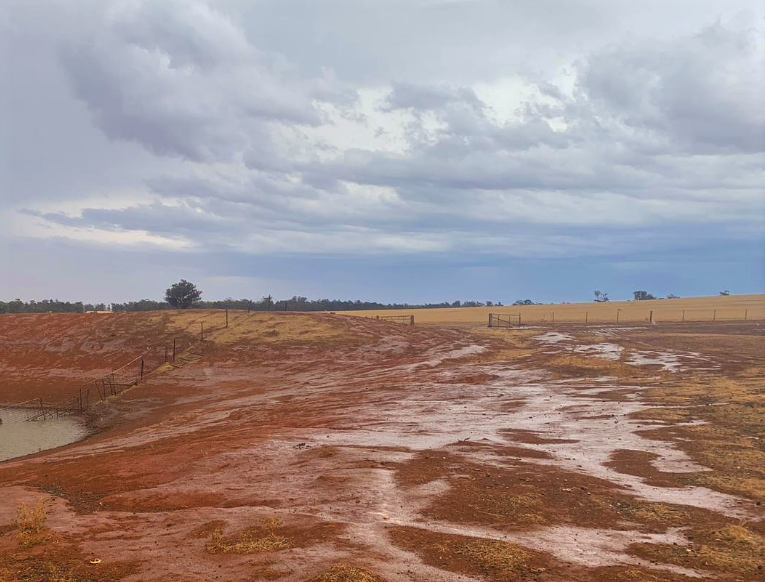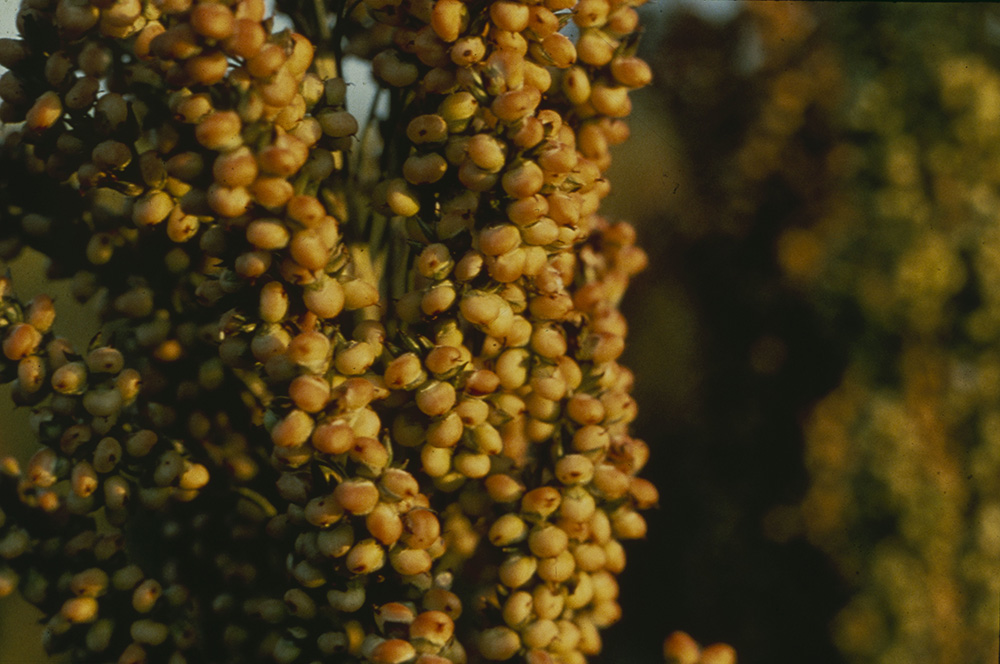Canola Market Report
By Warren Lander
With the recent dry conditions many growers are looking for ways and means of reducing any type of risk in their operation. It is natural that many growers have started to consider lessening their biggest crop growing risk of all - the risk of growing canola! Given the poor record of rainfall over the previous two years you could not blame the grower for some hesitation in growing canola.
As you would expect, the market has acknowledged this uncertainty and the anticipated lack of production and has allowed local domestic prices delivered to Newcastle or Port Kembla zones to strengthen by $25-$30/mt over the last month. Much like the domestic wheat market, it is largely local basis behind this move.
On the export market front international prices have been on the increase. This is due to a possible reduction in South East Asia palm oil production because of dry weather from April through to September of last year and canola still to be harvested in Canada due to the early snow season that arrived in November. This is on top of a reduced area planted due to the political fallout between Canada and China due to the Huawei CFO issues and dry weather in the European union when sowing took place resulting in less hectares being sown. Couple this with an expected rise in demand for oil used in biodiesel and it will look like that the European Union will have to import higher volumes of seed to crush or purchase the vegetable oil outright from canola producing countries to maintain their current needs.
So in a market sense there is an increased level of positivity and that is reflected in good pricing signals of approximately $670 per metric tonne being offered for new season canola delivered Newcastle crush. This meets the general rule of thumb that canola has to be double the price of wheat. But as many would say in the current environment and with the risk involved growing canola, that pricing should be more. However, with supportive local and global market factors coming into play and the alternative crop risk management programs available through Cargill, perhaps canola should not be totally shown the door and dismissed from the cropping program without waiting to see what comes in rainfall over the next two months.
Early rain is needed and lots of it to generate the confidence to sow canola but market indicators are healthy and maybe now with more positive rainfall patterns in Queensland now hopefully rubbing off on New South Wales the decision to leave canola seed in the shop might be one that needs reviewing again in the coming weeks.
Ash and Will helping fire affected communities

Will Mason, who is the maintenance supervisor at Cargill’s Footscray crush plant, and his partner Ash, were so inspired by the support given to farmers devastated by bushfire they knew there was only one thing to do. Get involved.
Read MoreGrazing country receives some much needed rain

With parts of New South Wales and Queensland drenched over the preceding week and into the weekend, it was a very welcome reprieve for many in the regions who will now have water flowing in their tanks and dams.
Read MoreCoronavirus levelling out bullish markets

The recent Coronavirus health scare that started in China and is spreading across the globe is adding a bearish or risk-off tone to most markets.
Read MoreMarkets react as USDA reduces production estimates

Friday night saw the release of the USDA’s January World Agricultural Supply and Demand Estimates.
Read More